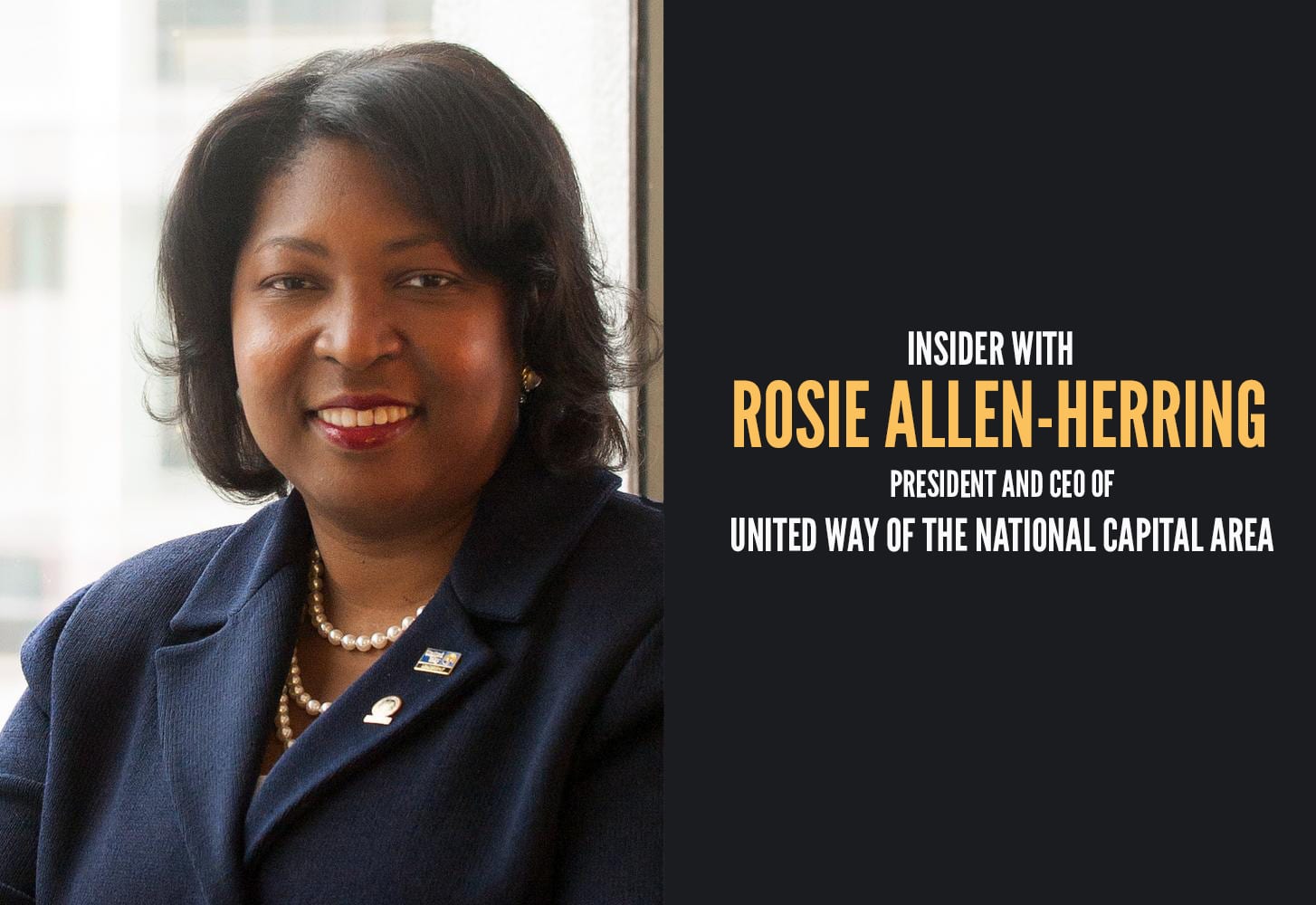COVID-19 Brings Our Inequities to Bear
Apr 17, 2020

Many members of our workforce are experiencing reductions in income as non-essential businesses close due to COVID-19 restrictions. These businesses provided income for those who owned them and who are employed by them. Those who were barely making it each month are now in dire straights. Those who held it together, albeit, paycheck-to-paycheck or by a double income now cut down to one or none, are now in a crisis.
Parents are feeling stress caused by the need to help children with school curriculum at home, and secure meals once depended on from schools/school programs. Add to that the academic effects of distance learning on students who don’t have access to technology or who received additional support during the school day, as well as the lack of financial means to double up on groceries to avoid multiple trips to stores to reduce their exposure to COVID-19.
As United Way of the National Capital Area works to mitigate the impact that COVID-19 is having on residents, we are finding the gaps of inequity widening for those who fall below poverty guidelines, those who lack adequate access to healthcare, communities of color and those with different abilities. Those that once took comfort in their low to medium socio-economic status are now in the thresholds of this gap as household incomes are significantly reduced.
We must begin to wrap our arms around the more substantial impact our neighbors will feel months after the pandemic begins to flatten out. As we recover from the economic devastation caused by COVID-19, many of us will still struggle with being financially imbalanced. There will be more gaps to fill with the trickle-down effects of the loss of income. The job market will be competitive as many rush to fill limited opportunities. Business owners will have to recoup or walk away from their losses.
What COVID-19 brings to the forefront when we think about the work that your United Way NCA does to fight for health, education, and financial stability in our communities is the importance of ensuring that we bridge the gaps of inequity in our system before the next crisis. If we fill the gaps in education and access to technology, financial guidance to encourage and uplift neighbors to make wiser financial decisions, and food insecurities before a crisis, it will significantly reduce the disparities we’ve witnessed to date in our country’s history. Our goal is to create equity among all of our socio-economic communities so that when the next pandemic or crisis hits and rattles us, our impact will be bold enough that even those at the lower end of the spectrum can see how they are included in the solution.
United Way NCA’s Emergency Assistance Fund was our immediate response leveraging our strengths in mobilizing communities, convening like-minded groups, and being the catalyst to provide capacity to nonprofits partners. Financial capacity better positions our community-based organizations to deliver economic assistance, vital food and supplies to thousands of school-age children who depend on school meal programs and workers in the region who have been impacted by the temporary loss of income.
When I think of mobilization for us as a community, it speaks to the fact that we care. As we think of the next wave of work that we need to do, we’re listening to what our community tells us it needs, and how our donors and partners want to help.
We’re calling upon you to join us today in supporting our community during these unprecedented times. Join us in filling the gaps that at any level will have lasting impact. Let’s bring our resources together and our best and brightest minds to the work we do to create more equity for our communities now and for years to come. We thank our partners for the initial response and look forward to even greater impact in the recovery ahead. For more information about United Way of the National Capital Area, please visit UnitedWayNCA.org.
This piece was originally published on The Washington Business Journal and can be found here.
